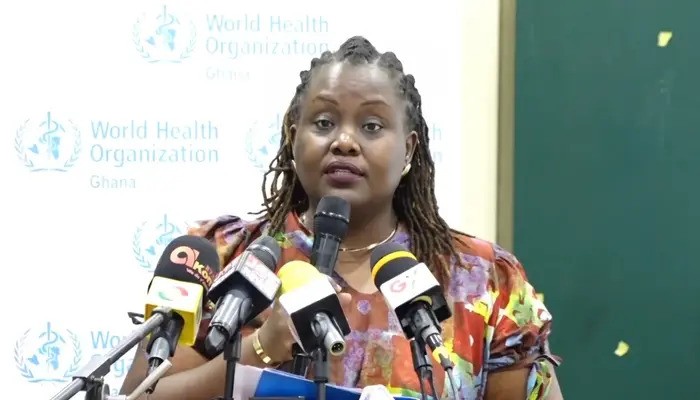Ghana is set to launch a nationwide HPV vaccination campaign in September, offering free doses to girls aged 9 to 14. This move aims to prevent cervical cancer, the second leading cause of cancer-related deaths among Ghanaian women. Health officials hope the campaign will protect thousands of young girls and mark a major step toward eradicating the disease.
National Strategy After Years of Pilots
The Ghana Health Service (GHS) first introduced the HPV vaccine in 2013 through a pilot program in the Greater Accra, Central, and Northern regions. After more than a decade of localized implementation, GHS now feels confident in expanding the vaccination effort across the entire country.
The vaccine will be included in Ghana’s national immunization schedule. Girls aged 9 to 14 will receive it at no cost through schools and local health centers.
Cervical Cancer Remains a Serious Threat
Every year, over 2,800 women in Ghana are diagnosed with cervical cancer. Many of these cases result in death due to late detection, limited access to healthcare, and low awareness of preventive measures. Despite the disease being highly preventable, barriers such as cost, stigma, and misinformation have hindered progress.
Read: Afghanistan Urges Polio Vaccination for Children Returning from Pakistan
Dr. Fiona Braka, WHO Representative in Ghana, emphasized the urgency. “By protecting young girls and women, Ghana is taking a bold step toward reducing cervical cancer and improving public health,” she said.
Key Stakeholders Unite in Kumasi
As part of the rollout preparations, representatives from the Ghana Health Service, World Health Organization (WHO), and Ghana Education Service (GES) met in Kumasi. The meeting focused on logistics, school coordination, and awareness campaigns.
Dr. Fred Adomako Boateng, Ashanti Regional Director of GHS, welcomed the collaboration with the education sector. “This is a great move for us,” he said. “With the help of GES, we believe we can reach more adolescent girls and deliver the vaccine effectively.”
The Ghana Education Service pledged its support for the campaign. Dr. Williams Amankrah Appiah Kubi, the Ashanti Regional Director of Education, highlighted GES’s role in tackling misconceptions. “We aim to demystify the HPV vaccine and ensure high participation rates,” he noted.
Awareness and Access Go Hand in Hand
The success of this national rollout depends not only on vaccine availability but also on public understanding. Health officials are prioritizing education and outreach to dispel myths and encourage parental consent.
Cultural beliefs and misinformation about HPV vaccines have led to hesitancy in the past. The GHS and GES plan to address these concerns through schools, community forums, and media campaigns. The strategy includes engaging local leaders, healthcare providers, and educators to deliver clear, fact-based messages.
Global Alignment in Cancer Prevention
Ghana now joins more than 140 countries that have introduced the HPV vaccine into their immunization programs. The move aligns with global efforts led by the WHO to eliminate cervical cancer as a public health issue.
Dr. Braka congratulated Ghana for its commitment. “This initiative is a step in the right direction. It brings us closer to a future where no woman has to die from cervical cancer,” she stated.
Next Steps for Ghana’s Health System
The vaccine rollout represents more than a health campaign—it’s a turning point for Ghana’s preventive care system. By focusing on adolescent health now, the country aims to reduce cervical cancer cases in the future and strengthen its overall health infrastructure.
GHS officials say they will closely monitor the rollout and adjust strategies as needed. Ongoing training for healthcare workers and strong partnerships with schools will be essential for the campaign’s success.
As Ghana prepares for the September launch, families, schools, and health workers are all expected to play key roles in reaching every eligible girl. With coordinated effort, the nation hopes to not only protect its daughters but also set a regional example for cancer prevention.
Follow us on Instagram, YouTube, Facebook,, X and TikTok for latest updates
